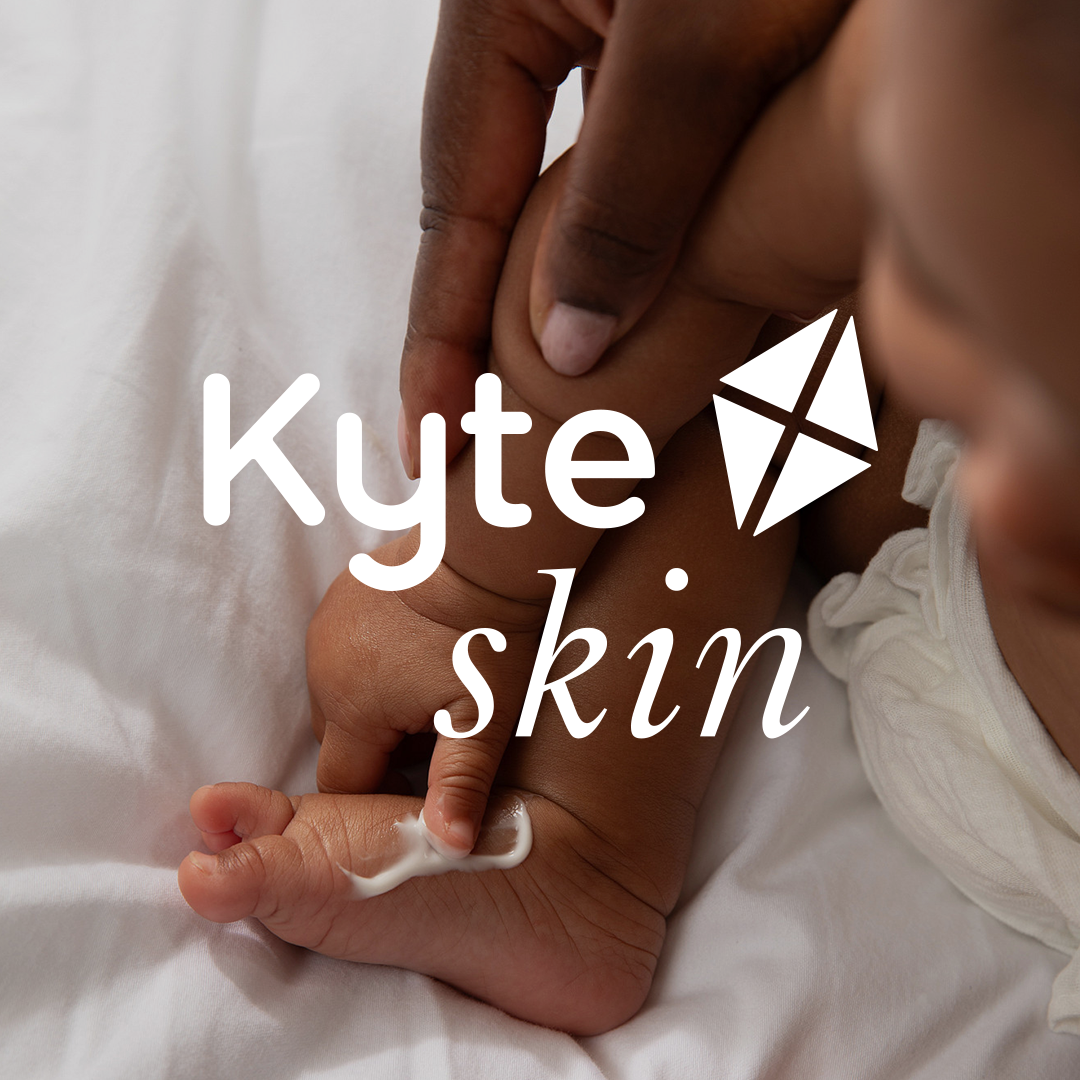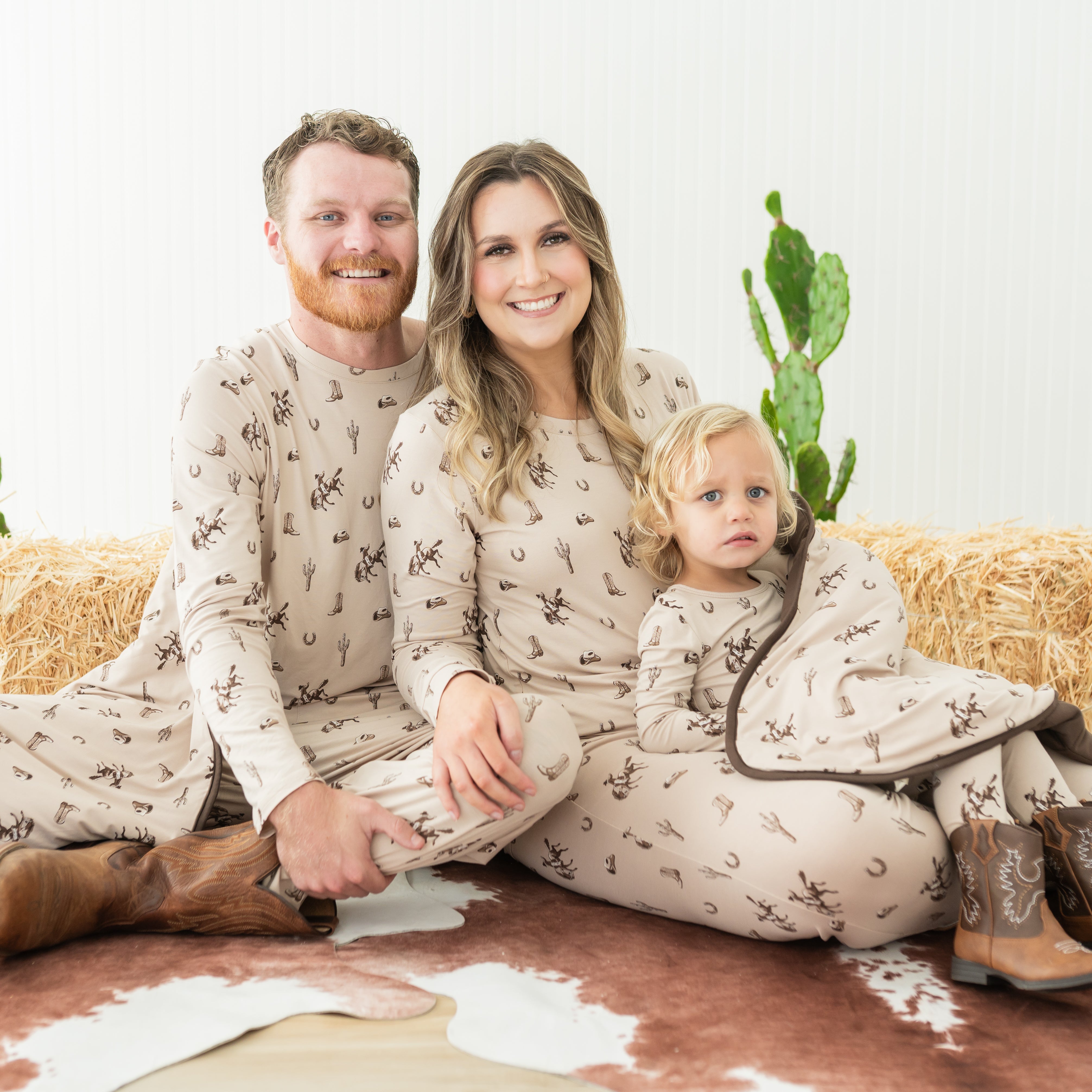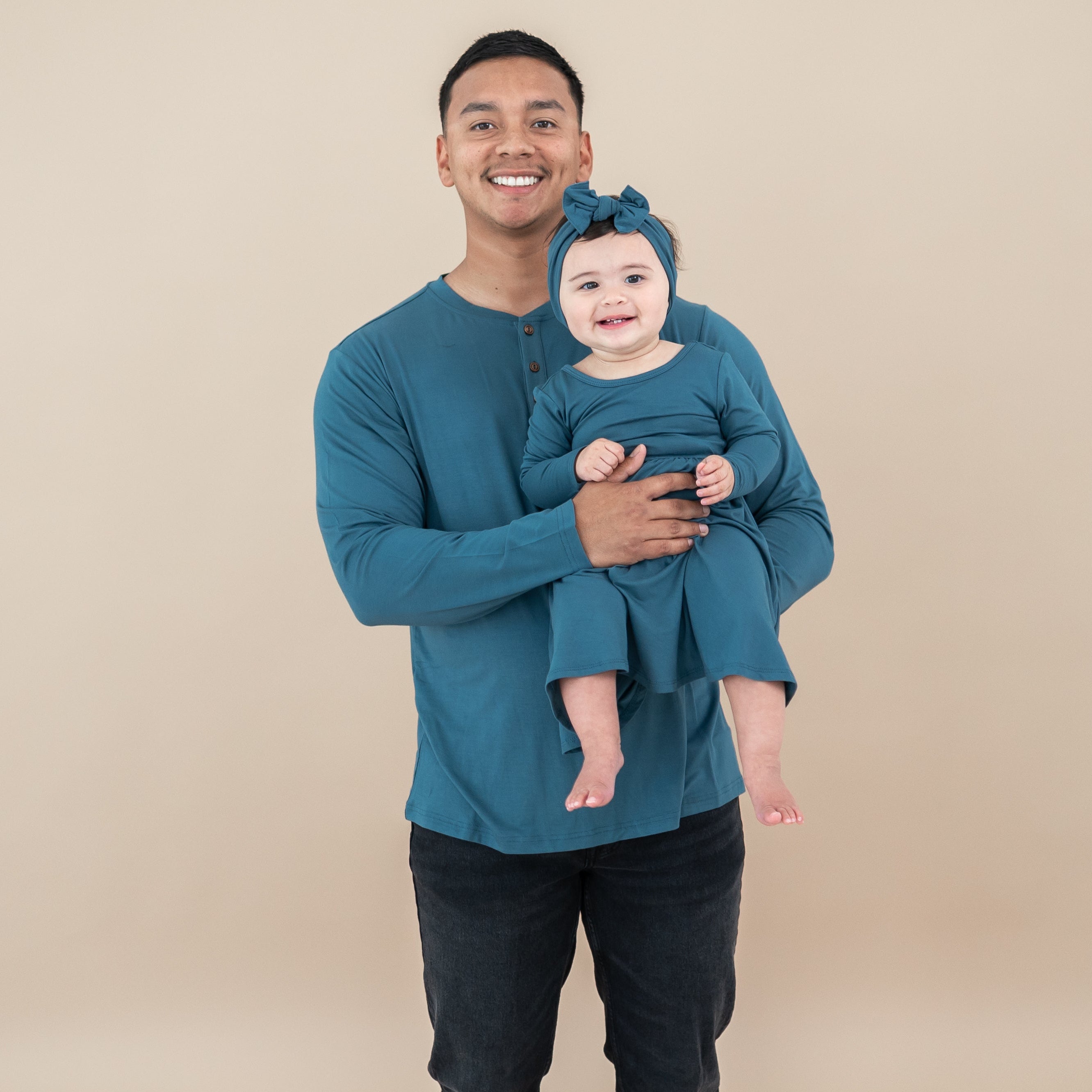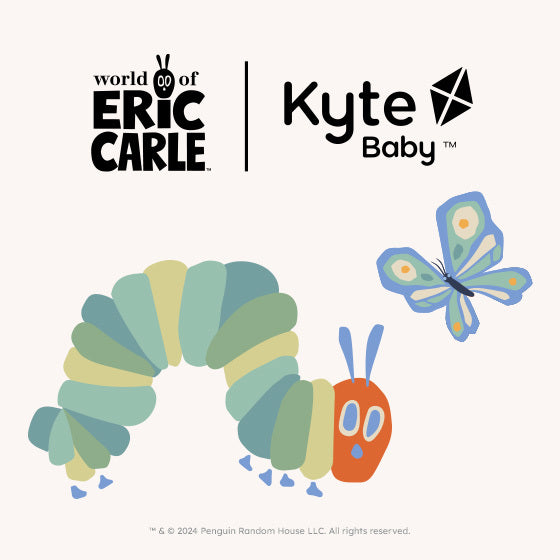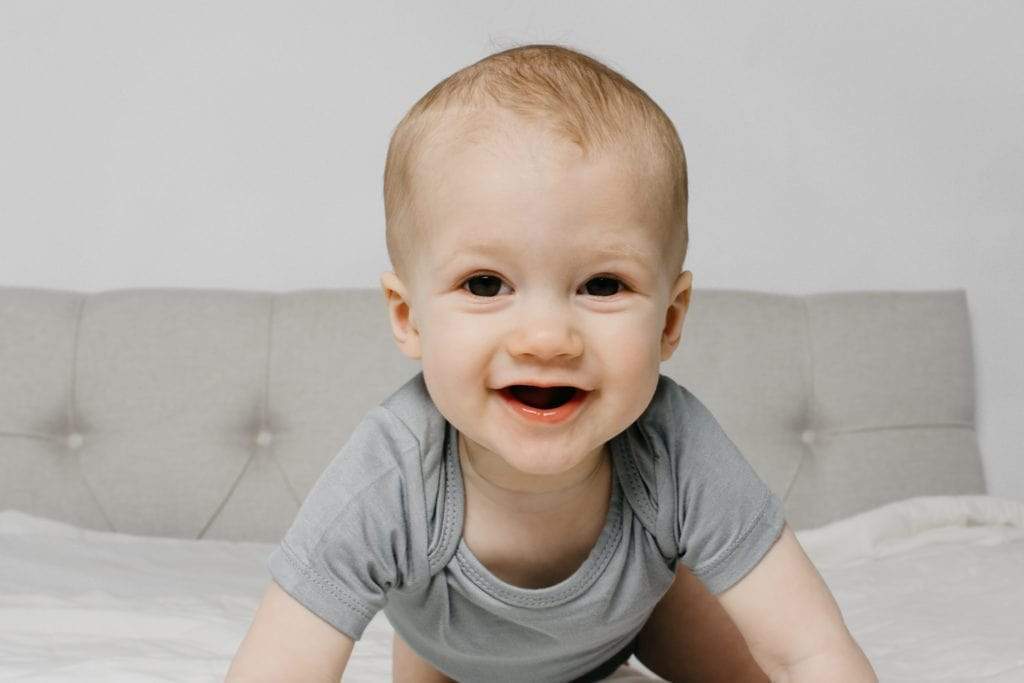As a relatively new parent, there are seemingly infinite questions about how to give your child the best possible care. You don’t want to just cover their basic needs; you want to give them an exceptional quality of life. As such, you are keen to ensure that you are going above and beyond.
Sometimes, parenting isn’t just black and white. Every child is different, and every parent begins to become more and more attuned to their individual needs the more they bond with them. Here at Kyte Baby, we understand the reality that you don’t always have to follow convention to be a wonderful parent. Still, it’s nice to know the baseline for key parenting methods and responsibilities.
One question that concerns a lot of first-time parents is:
How long should my infant or toddler sleep at night?
This is a great question, because your child’s sleeping habits can significantly impact their growth and development. A child of any age who doesn’t get enough sleep can result in behavioral and learning problems. They will often be irritable, have low energy, and can become lethargic. If you’re trying to teach them things, they will be slow to learn and will require a lot more repetition. Moreover, sleeping is when the human body in general fine tunes biological processes and perfects things it doesn’t have time to do when the body is awake. When you are asleep, your functions are a lot easier for the body to manage, so it gets to rejuvenate imperfections. Thus, it is logical to presume that your child’s overall health will simply not be optimal if they don’t get enough sleep.
So what happens if your baby sleeps more than the recommended amount for their age? While it may be a huge relief for exhausted mothers and fathers to see their baby sleeping through the night, too much sleep can create its own problems. It’s not very common, because they require so much sleep, but a baby or toddler who sleeps too much can miss out on the beauty and intricacy of life. It is plausible their withdrawal from the waking world can be detrimental to their social and communication skills, as it is through initial simple communication with parents and familiar faces that babies first learn about people.
Recommended Sleeping Times for Children of Various Ages:
From the moment a baby is born, their biological functions are constantly changing. For this reason, parenting involves a keen awareness of the different stages of growth and development. This is particularly true during the initial baby-to-toddler period, when things can change rapidly over a few months. Here are the recommended sleeping times for children of various ages, from newborn up to 24 months:
- Newborns: 8.5 daytime hours, 8.5 nightime hours. Total: 17 hours.
- One month old: 8 daytime hours, 9 nighttime hours. Total: 17 hours.
- Three months old: 6 daytime hours, 10 nightime hours. Total: 16 hours.
- Six months old: 5 daytime hours, 10 nighttime hours. Total: 15 hours.
- Nine months old: 3.5 daytime hours, 11 nighttime hours. Total: 14.5 hours.
- Twelve months old: 3 daytime hours, 11 nighttime hours. Total: 14 hours.
- Eighteen months old: 2.5 daytime hours, 11 nighttime hours. Total: 13.5 hours.
Note: If your child doesn’t follow this exact pattern, it’s not something to immediately worry about. Discernment is key here. If your child sleeps thirty minutes less than the recommended amount and seems happy and alert, everything is fine. If, however, your child doesn’t seem like themselves and they’re not getting the right amount of sleep, you should think about contacting a pediatrician.
Safe Baby Sleep
Baby sleep safety is just as important as figuring out how long your toddler or infant should sleep. Here at Kyte Baby, we are intent on providing products that provide safe baby sleep. Our range of bamboo sleep bags offer comfort, simplicity, safety, and sustainability.
One of the biggest threats to baby sleep safety is SIDS, or Sudden Infant Death Syndrome. This is a scary reality for many parents, particularly because it is still something of a mystery with regards to what causes it. The evidence out there tends to lean towards two aspects of sleeping that can help protect a child’s life: the temperature of their body, and their sleeping position.
In both respects our bamboo sleep bags (commonly called sleepsacks) are top notch. First, a bamboo sleep bag is much cooler than cotton. It is an adaptable material that can provide comfort in any temperature. It absorbs and evaporates humidity more powerfully than any other material available. For this reason, a baby sleeping in a bamboo sleep bag is much less prone to overheating than in a standard cotton blanket. A baby who becomes too warm during the night is more likely to suffer from SIDS, so using bamboo will help give you peace of mind.
Secondly, the unique design means that not only does bamboo create the softest sleep bag, it gently envelopes your infant. Kyte Baby sleep bag has a customized curved zipper, so it won’t poke your baby in the side. This ensures that they get a peaceful night’s rest in a safe position. Because they are enclosed in the bamboo sleep bag, your infant will not accidentally roll over onto their stomach, while retaining the freedom of movement required to get a good night’s sleep. A baby who sleeps on their stomach is more likely to have a SIDS incident because their airway can potentially become restricted, so it’s much safer to use our sleep bags that will ensure a back sleeping position.
The Next Step:
So, now that you’ve found out how to ensure your infant gets the best possible night’s sleep in their cozy new bamboo sleep bag, you can rest assured that both you and your baby will be well-rested and ready to embrace each new day with enthusiasm. Happy parenting, everyone!

